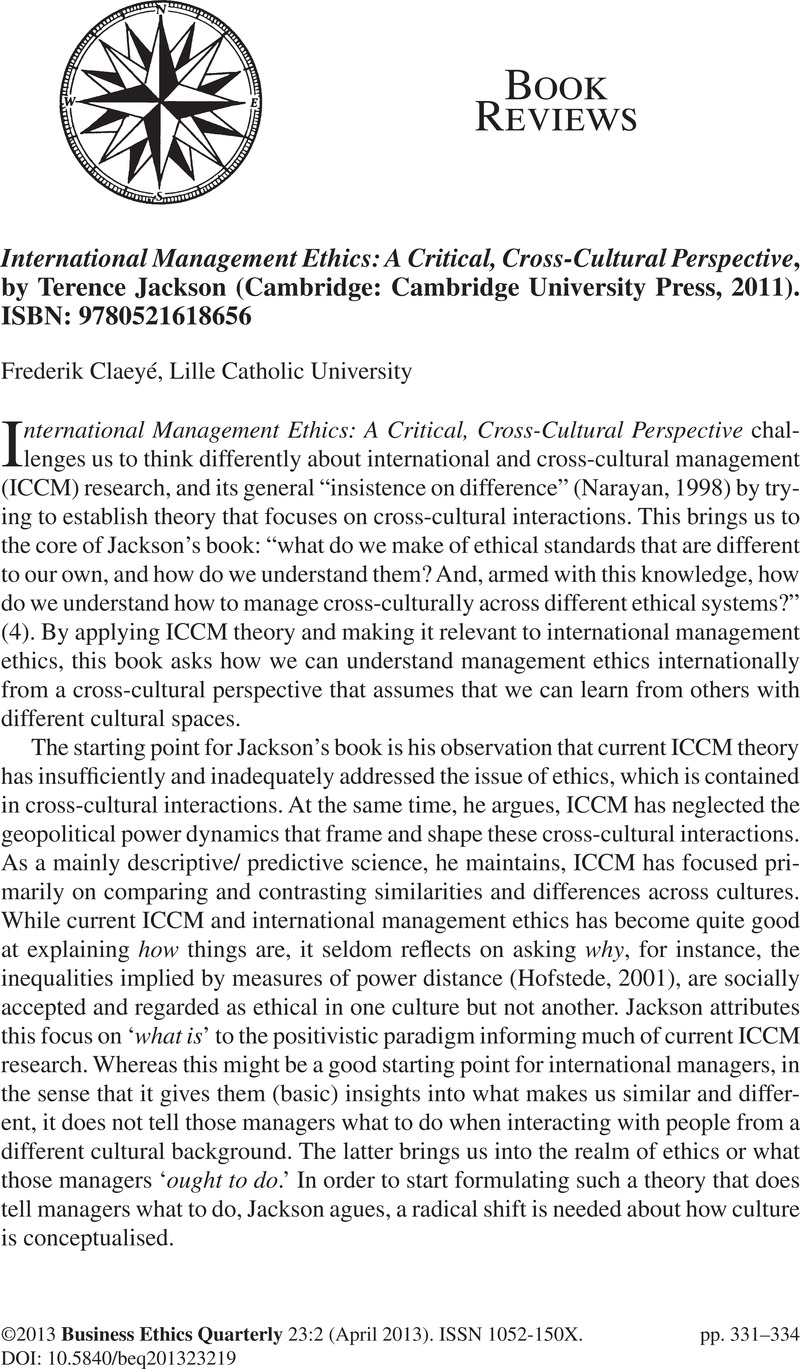Crossref Citations
This article has been cited by the following publications. This list is generated based on data provided by Crossref.
El-adaway, Islam H.
Abdul Nabi, Mohamad
Khalef, Ramy
Elbashbishy, Tamima
Ali, Gasser G.
Eissa, Radwa
and
Ahmed, Muaz O.
2023.
Graduate recruitment offers: ethical and professional considerations for engineering graduate students and faculty members.
Ethics & Behavior,
Vol. 33,
Issue. 7,
p.
597.



